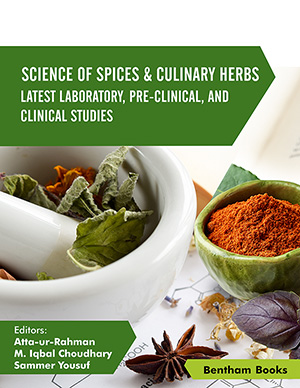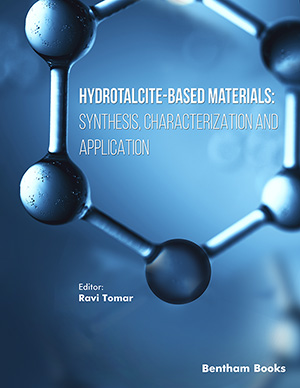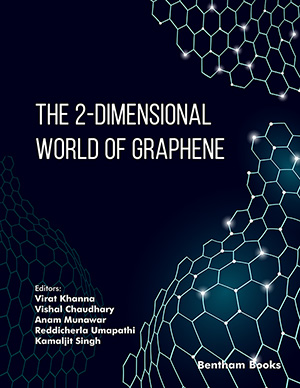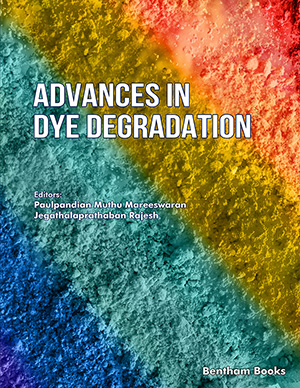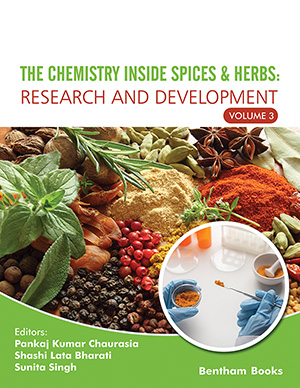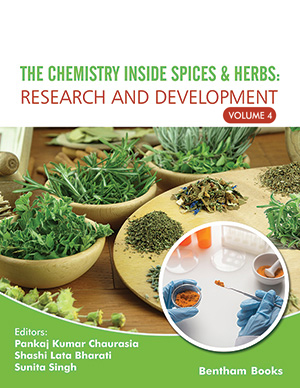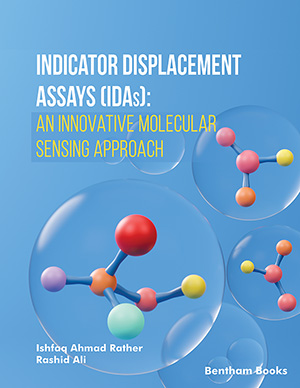
Abstract
Background: Insulin-like growth factor (IGF-1) is associated with breast cancer in menopausal women. Naturally occurring biomolecules found in common dietary protocols, such as flavonoids, play a key role in the inhibition and treatment of cancer. In-vitro/in-vivo studies showed that treatment involving flavonoids led to a reduced risk of breast cancer due to the decrease of IGF-1 level in addition to an increased insulin-like growth factor binding protein (IGFBP)-3. However, clinical studies did not show conclusive results in this regard because they are contradictory.
Objective: The aim of the present study was to find the effect of flavonoids on IGF-1 and IGFBP-3 and the incidence of breast cancer.
Methods: This systematic review was performed using PubMed, Scopus, ISI Web of Science, and EMBASE databases to collect results about the clinical use of flavonoids and their effects on breast cancer. After eliminating duplicate articles, the title and abstract of the remaining articles were examined in thematic communication, and related clinical articles were selected and studied based on inclusion criteria. The data were extracted from each article, and then statistical analysis was subsequently carried out by Comprehensive Meta-Analysis.
Results: The results showed that the effect of flavonoids on changes in IGF1 and IGFBP-3 was not statistically significant. No significant heterogeneity was detected across the studies. Pooled effect size also indicated that the mean change was not statistically significant. No significant heterogeneity was detected across the studies. There was no evidence of publication bias for IGF1 and IGFBP-3.
Conclusion: This meta-analysis study suggests that flavonoid supplementations have no significant effect on IGF-1 and IGFBP-3, and a high soy diet has beneficial effects on IGF system components, which might be useful in breast cancer.
Keywords: Flavonoids, insulin-like growth factor, insulin-like growth factor binding protein, breast cancer, IGF1, IGFBP-3.
[http://dx.doi.org/10.3322/caac.21654] [PMID: 33433946]
[PMID: 21526096]
[http://dx.doi.org/10.1016/j.mehy.2007.03.038] [PMID: 17555885]
[http://dx.doi.org/10.1038/nrc.2017.17] [PMID: 28338065]
[http://dx.doi.org/10.1016/S0163-7258(01)00137-1] [PMID: 11578656]
[http://dx.doi.org/10.1016/j.jnutbio.2006.11.004] [PMID: 17321735]
[http://dx.doi.org/10.1002/mnfr.200700326] [PMID: 18435439]
[http://dx.doi.org/10.1016/j.maturitas.2013.07.006] [PMID: 23916376]
[http://dx.doi.org/10.1053/j.seminoncol.2010.06.014] [PMID: 20709209]
[http://dx.doi.org/10.1093/jnci/92.18.1472] [PMID: 10995803]
[http://dx.doi.org/10.1158/1055-9965.EPI-06-0960] [PMID: 17416768]
[http://dx.doi.org/10.1200/JCO.2009.27.5040] [PMID: 20975071]
[PMID: 15668470]
[PMID: 8675573]
[http://dx.doi.org/10.1038/jid.2010.70] [PMID: 20357812]
[http://dx.doi.org/10.1016/j.ghir.2009.09.003] [PMID: 19853487]
[http://dx.doi.org/10.1186/1477-3163-5-10] [PMID: 16600019]
[http://dx.doi.org/10.1158/1078-0432.CCR-08-1901] [PMID: 19188152]
[http://dx.doi.org/10.1002/pros.21017] [PMID: 19670229]
[PMID: 12496045]
[http://dx.doi.org/10.1016/S1470-2045(10)70095-4] [PMID: 20472501]
[http://dx.doi.org/10.1158/1940-6207.CAPR-10-0329] [PMID: 21430071]
[http://dx.doi.org/10.1080/01635581.2011.579383] [PMID: 21711174]
[http://dx.doi.org/10.1002/9780470743386]
[http://dx.doi.org/10.1038/sj.ejcn.1601764] [PMID: 14679383]
[http://dx.doi.org/10.1080/01635581.2017.1250924] [PMID: 27918846]
[http://dx.doi.org/10.1093/jn/nxy316] [PMID: 30926986]
[http://dx.doi.org/10.1038/sj.bjc.6604145] [PMID: 18182974]
[http://dx.doi.org/10.1152/ajpendo.00325.2005] [PMID: 16159906]
[http://dx.doi.org/10.1158/1055-9965.EPI-06-0892] [PMID: 17372258]
[http://dx.doi.org/10.1158/1055-9965.EPI-08-0329] [PMID: 18842999]
[http://dx.doi.org/10.1158/1940-6207.CAPR-09-0039] [PMID: 19789300]
[http://dx.doi.org/10.1207/s15327914nc5602_3] [PMID: 17474858]
 42
42 2
2



















